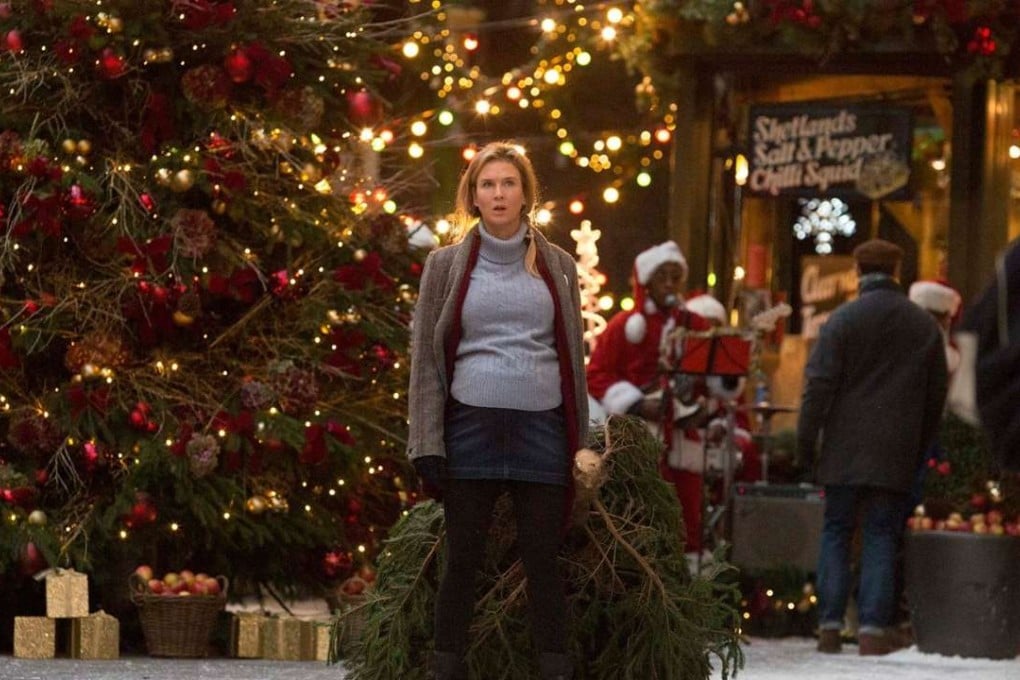Bridget Jones is back with a bump. Is the old chemistry there?
Fifteen years after she first hit the big screen, the loveable Renée Zellweger character returns, along with Colin Firth and newcomer Patrick Dempsey. Will her story still resonate with women today?

When we last saw Bridget Jones on screen, at the end of The Edge of Reason (2004), Mark Darcy had just proposed. That final scene delivered a promise of commitment at last. Their on-off relationship began in 2001 with the first film, Bridget Jones’s Diary – based on Helen Fielding’s comic creation, originally a newspaper column, then a book.
Set in London and directed by Sharon Maguire, it sees Bridget (Renée Zellweger), who works in publishing, meet Mark (Colin Firth), a divorced human-rights barrister, at a New Year’s Day turkey-curry buffet. Bridget is warm, gaffe-prone, tortured by the size of her thighs; Mark is buttoned-up and terribly serious.
“I like you very much,” he says (translation: “I am in love with you”). But Bridget fancies her boss, Daniel Cleaver (Hugh Grant), a charming scoundrel who promises minibreaks and great sex.

His formality starts to seem an awful lot like pomposity; his folded boxer shorts start to annoy her. She chucks him, escapes to Thailand with Daniel (who is now employed as a travel presenter by the television channel for which she works) and ends up being saved from a Thai prison by Mark.
Of course, without the right actors neither of the films would have worked. The combination of Zellweger, a Texan with an excellent Home Counties accent and a capacity for physical comedy (“a latter-day Lucille Ball”, according to one critic); Firth, haughty and smouldering (even in a home-made jumper with a reindeer on the front); and Grant, revealing a wickedly seductive darker side, won over audiences.
